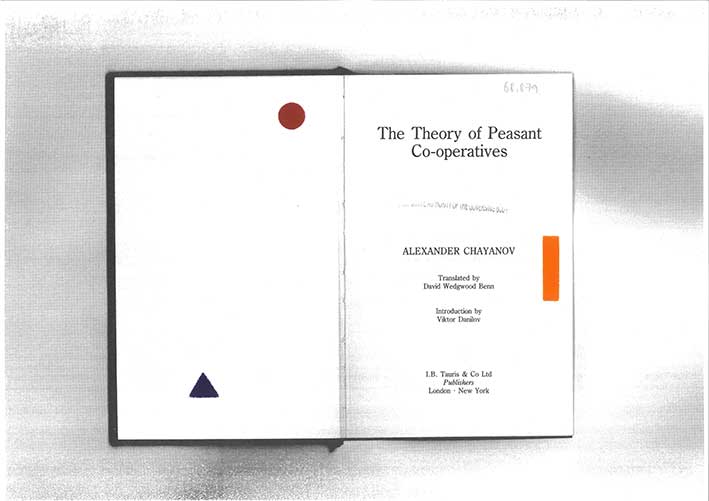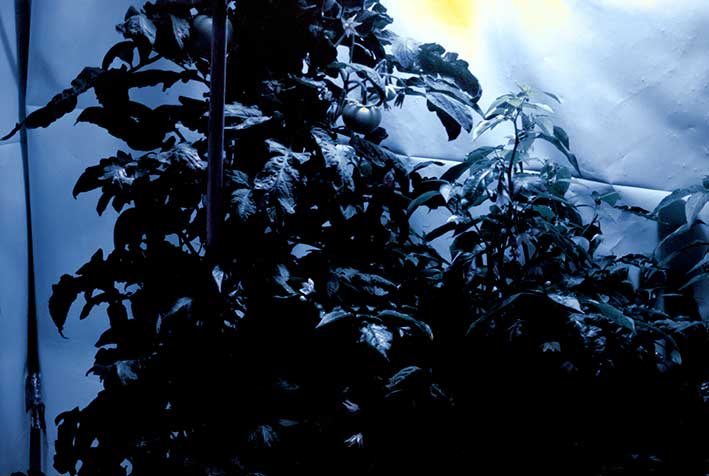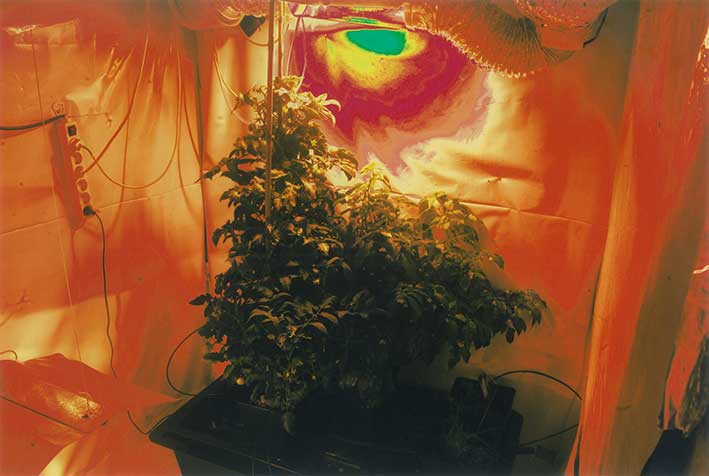CO-OP
The basic principles of the organization of agricultural cooperatives.
This work emerged in a moment of reflection and practice during the Covid-19 pandemic, which forced us to reconsider ways of life, uncertain whether they recall pre-industrial times or construct a collective imagination connected to non-Western practices.
The pandemic amplified reflections we were already engaged in concerning consumption and food. If the spread of the virus is directly related to speciesism in food culture—and if the mutation of SARS-CoV-2 may be linked to the farming of animals for fur production—then it becomes impossible to ignore the production line and our systems of food consumption. In response, we must practice knowledge rooted in local, sustainable, anti-speciesist, and healthy production models as a foundation for a renewed way of life.
I present two diagrams from the book The Theory of Peasant Co-Operatives by agrarian economist Alexander Chayanov, first published in 1919. These diagrams illustrate the intersections between territories through the organizational structures that support food production, from rural to urban areas, from agricultural centers to associative, union, service, convivial, or commercial sectors.
By reprinting these diagrams through risography, I presented them in color—unlike the original black-and-white versions. This shift emphasizes rhetorical variations within the design, enabling new system configurations that can respond with unique local specificities, food diversity, and cultural multiplicity.
Such rhetorical possibilities in drawing invite us to reflect on modes and languages of production situated at the paradoxical boundaries of knowledge—for instance, between phenomenology and positivism. At the same time, they reveal the limitations within Western epistemologies that attempt to translate social and environmental organization through lines, graphs, and color palettes.
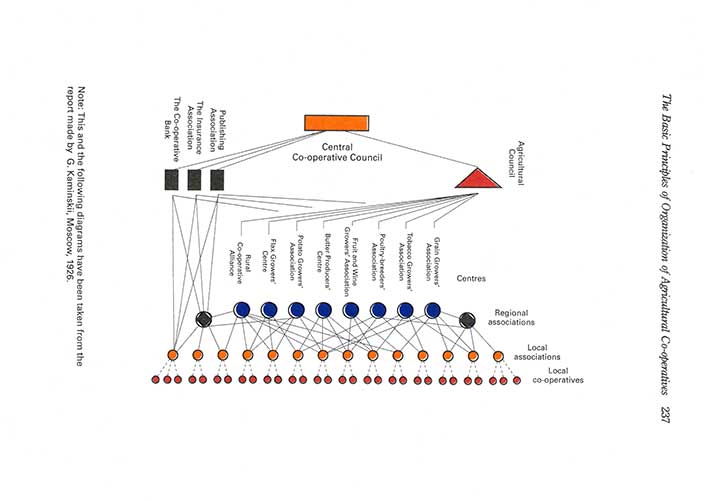
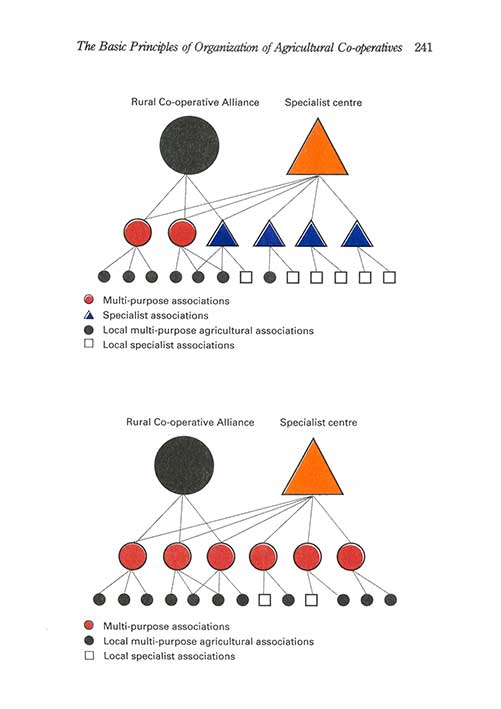
Thus, I ask: In which world do forms appear, and to which world does raw material belong?
Spontaneity risks losing strength when not articulated with other organized sectors of society as a political project. The knowledge underlying food production is multiple, yet many of these forms of knowledge have been erased from the History of Culture. This erasure has been one of the central issues addressed by 21st-century social movements: the urgent need to organize to keep both bodies and knowledge alive.
In this spirit, traditional healer and human rights activist Marichuy confronted the stratification of society as a capitalist project of the democratic state. In 2017, as a candidate for the presidency of Mexico, she declared:
“Then it is clear that for them the people from below do not exist. And what do we have to do? Get organized!”
